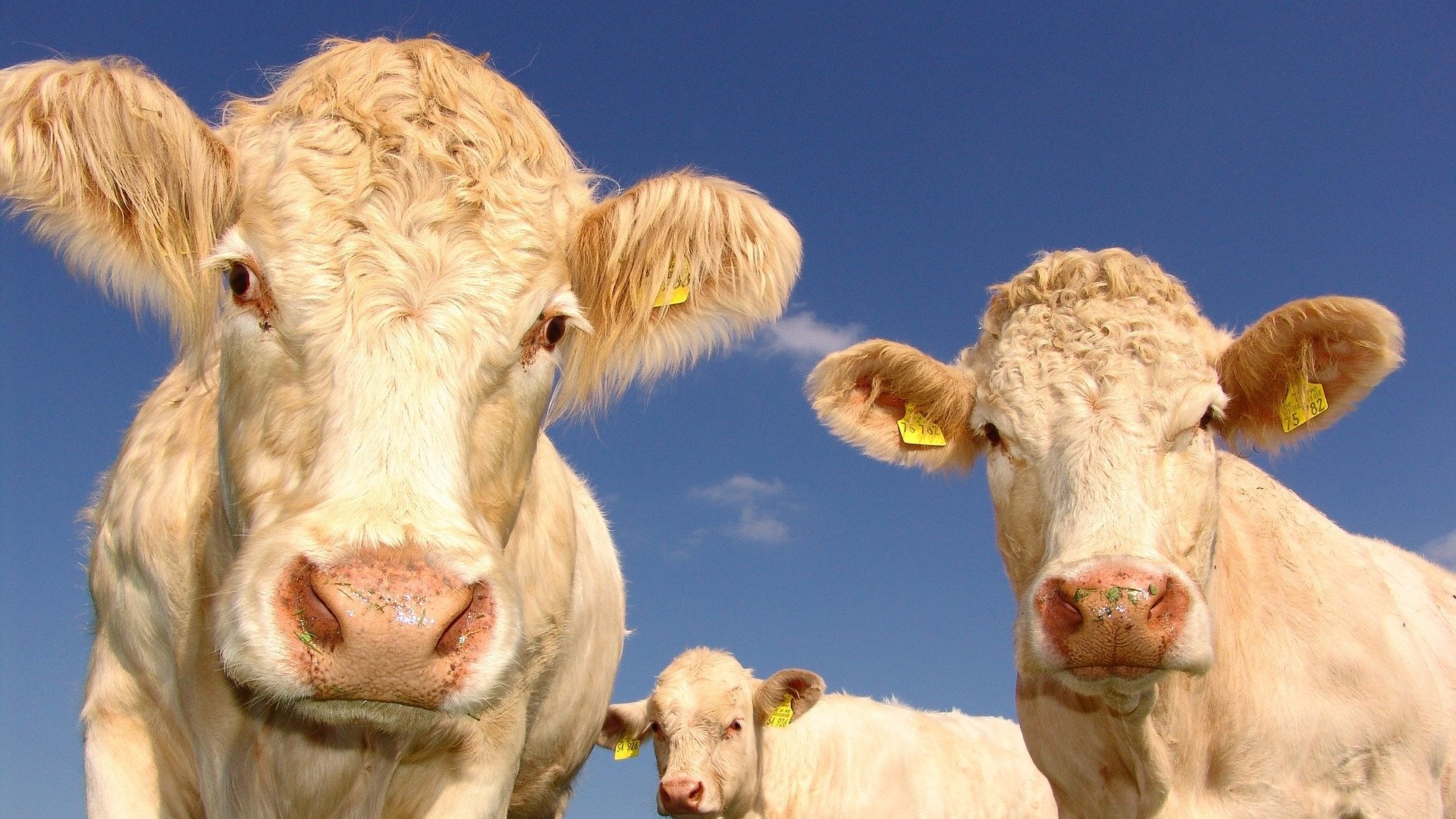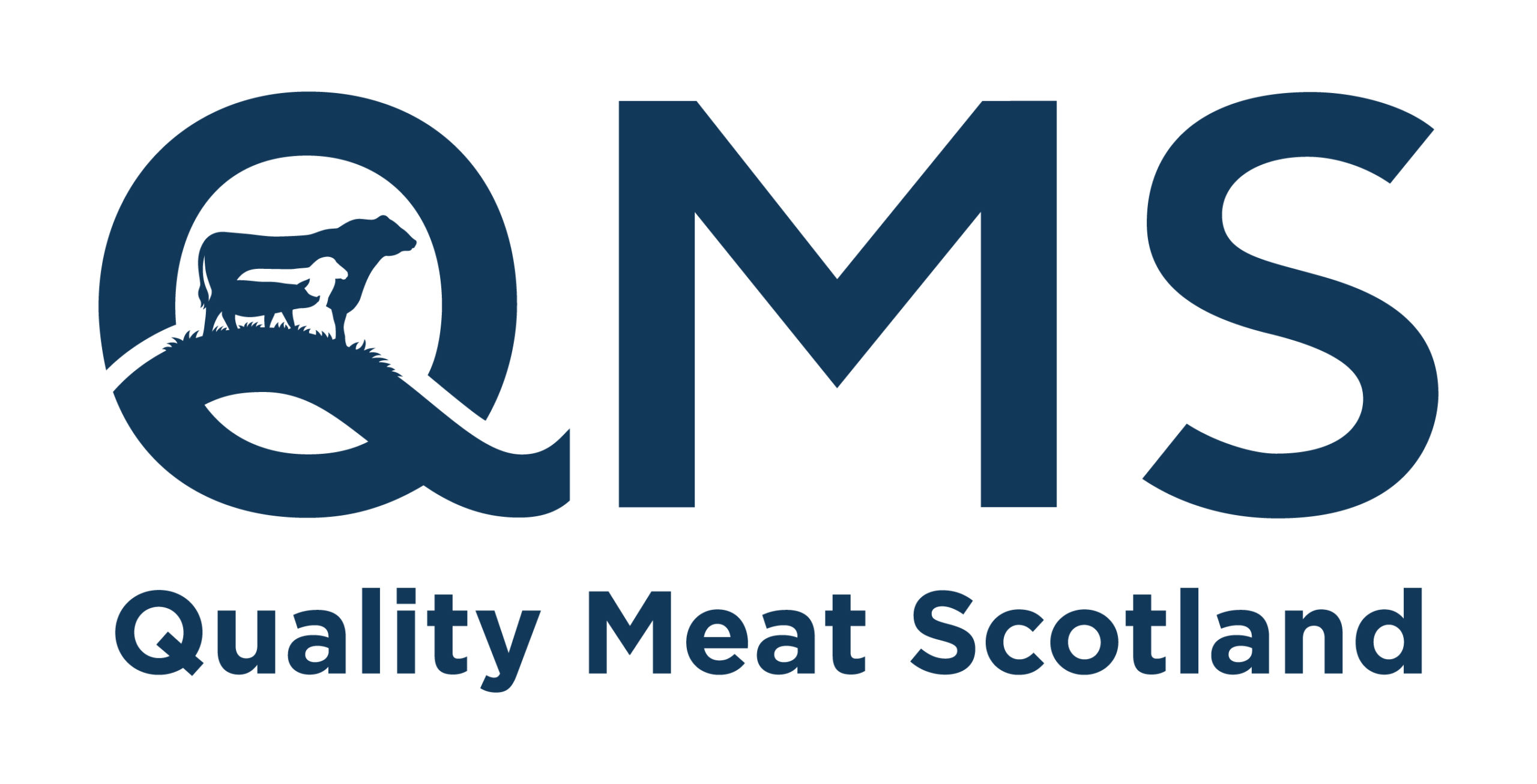Some of the world’s leading farming advocates will star in the QMS podcast’s ‘World Tour’ series. Launching on 15th June with US New York Times bestselling author and real food nutritionist, Diana Rogers. The six-part international series is hosted by BBC Radio presenter, Mark Stephen, and explores hot topics for the modern-day red meat industry from methane to money.
“What we eat and how it is produced is more in the public eye than ever before, and farming has to evolve to meet the challenges the future holds,” says Beth Alexander of QMS’ Industry Development team and the podcast producer. “We are part of a global industry and we can learn so much from producers all over the world. The series brings international perspective and insights from a mix of both well- and lesser-known voices to probe different thinking and help farmers to identify new opportunities and innovation in our own livestock sector.”
In the first episode, Diana Rogers RD, a world-renowned nutrition expert from Boston, Massachusetts, discusses how red meat has become a scapegoat, why publishing her book in a pandemic was so pertinent and why red meat can be a solution to the climate challenge.
Her book and film, Sacred Cow, which caused a sensation both in the US and here in the UK last year, are a detailed examination of some of the claims about red meat and how, in many cases, the arguments can be debunked.
“The debate between what is right to eat for the health of our planet and of our people has never been more polarised and meat has never been more vilified. A lot of this comes down to a disassociation with nature and farming,” she says.
“There are many health and environmental claims against cattle, and I address these piece by piece in my book. We hear, for example, that cow farts are destroying the planet, but this is misrepresented. Methane burped from a cow is less damaging than the same gas belched from fossil fuels. Over 60% of our agricultural land worldwide cannot be cropped, and if we took it out of our system, we’d have a hole in our system that can’t be filled by rewilding or forestry. You can’t just grow a Beyond Burger field anywhere.”
On the podcast, Diana articulates how dietary recommendations to eat less meat don’t usually take into consideration ‘confounding factors’ such as what is eaten with meat – baps and fries with a burger, for example – and the benefits of nutritious protein produced from naturally growing grass.
Upcoming interviewees include Australian farmer James Walker and how he rebuilt profitability and resilience after the drought; Dr Karen Beauchemin, a leader in ruminant nutrition and environmental sustainability from Canada looking at feed efficiency; Ray Archuleta on simultaneously improving soil health and profitability; and Tom Gubbins from Australia, and Sharon McIntyre, from New Zealand, on accelerating performance through genetics for beef and sheep.
“We want to continue to develop the industry and this series will highlight the opportunities that are available to our industry. Our fantastic line up of influential speakers will help us to do this by sharing their views and knowledge to create an inspirational platform” comments Beth Alexander.
The podcast series is available through Apple Podcast, Buzzsprout, and Spotify, as well as via the Quality Meat Scotland website and social channels.
Ends

